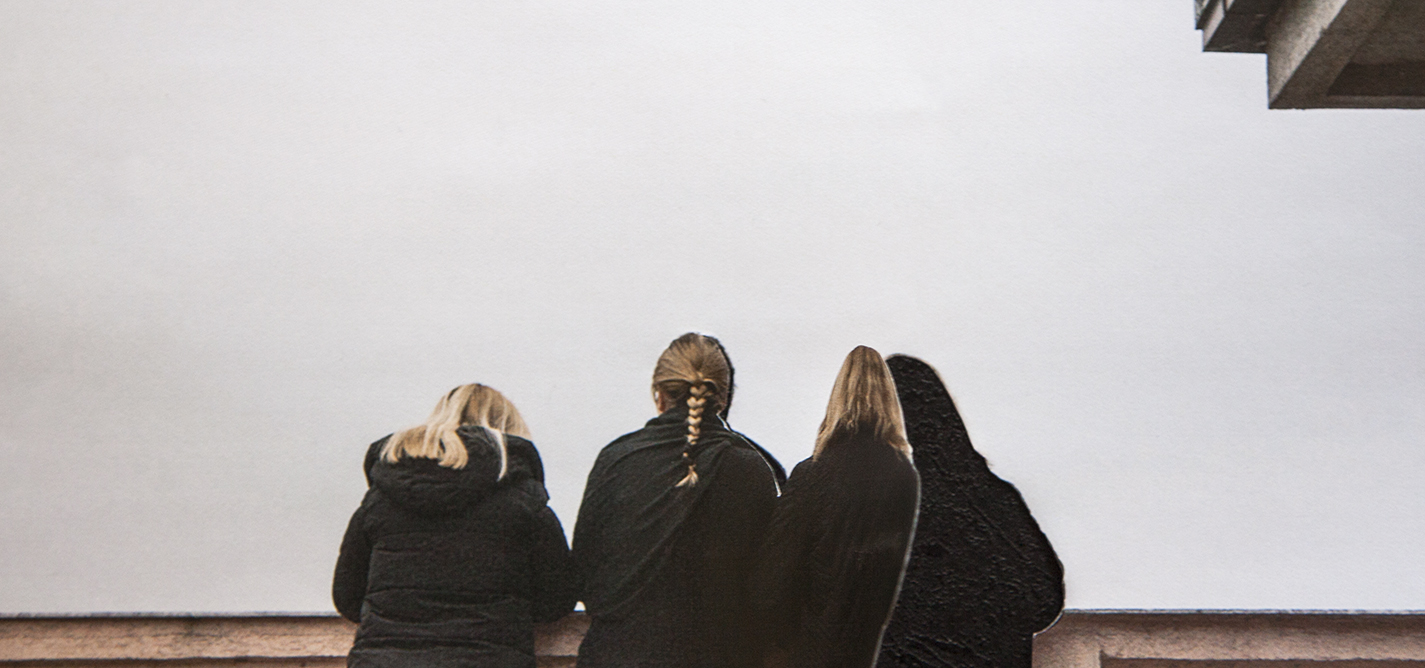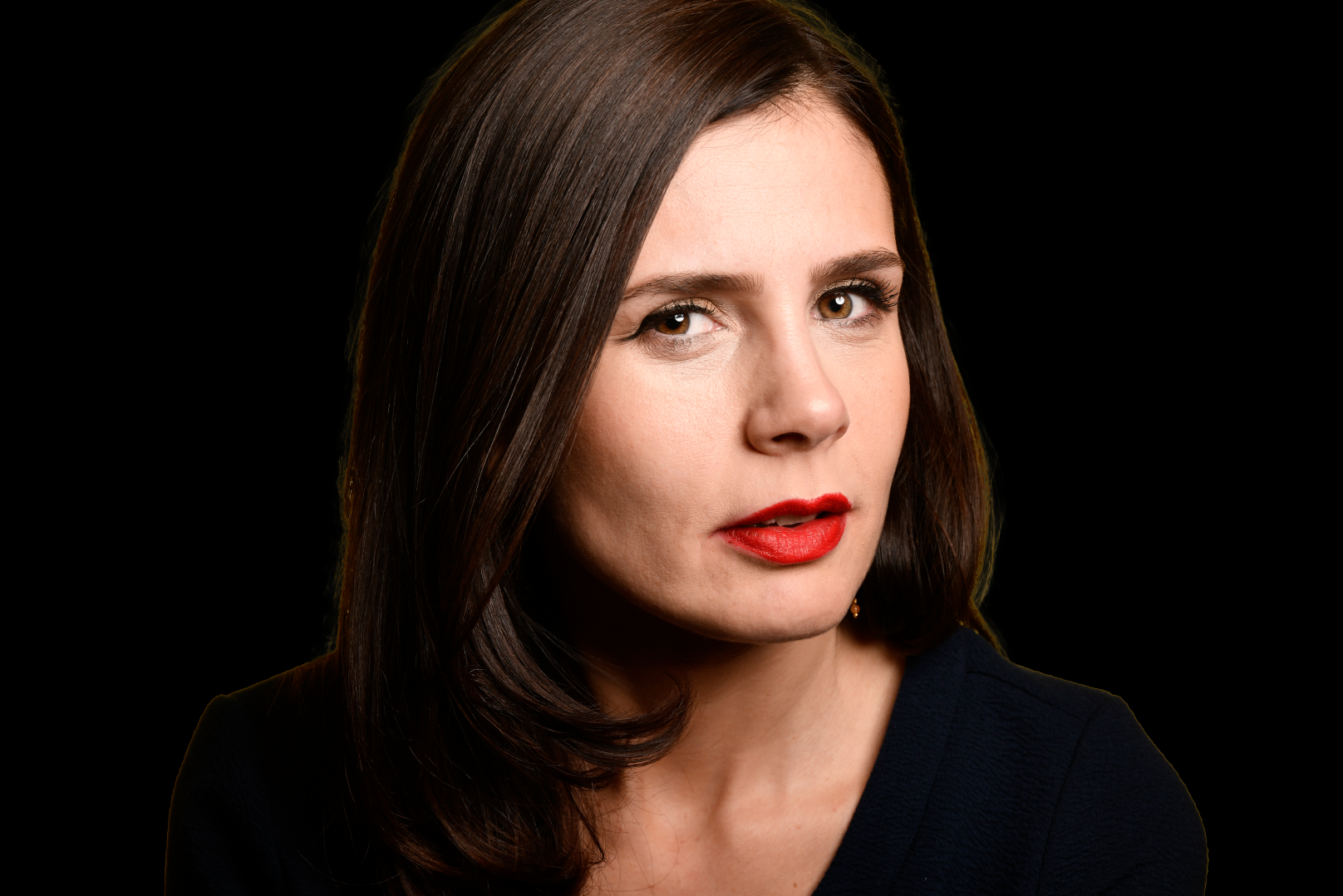
Seeking survivor recognition
Mixed experiences of official processes for wartime rape survivors.
“I was a very strong woman — I never gave up. But I have given up in the face of the Commission. I cannot fight it.”
Arta, survivor“We are dealing with a very sensitive element of society as well as with the legal obligations of the Commission, so the review of the application itself takes time in order to make a fair and legal decision.”
Jeta Krasniqi, Verification Commission“Many clients say: ‘I would never have applied if I had known I would be waiting like this.'"
“We have 15 women who are survivors of sexual violence that happened in the village. After they reached Albania, women talked about being held captive. What further evidence is required?”
“How can I recall everything correctly in a 15 minute interview? It’s like being in court; like appearing in front of someone higher than you.”
Vjollca, survivor“Every applicant’s concern is a concern of the Commission, so the members of the Commission are in every way committed to making this experience easier for all persons who have applied.”
Jeta Krasniqi, Verification Commission“We didn’t have arms. We couldn’t protect ourselves and our bodies were used in the most terrible ways.”
Linda, survivor
Dafina Halili
Dafina Halili is a senior journalist at K2.0, covering mainly human rights and social justice issues. Dafina has a master’s degree in diversity and the media from the University of Westminster in London, U.K..
This story was originally written in English.